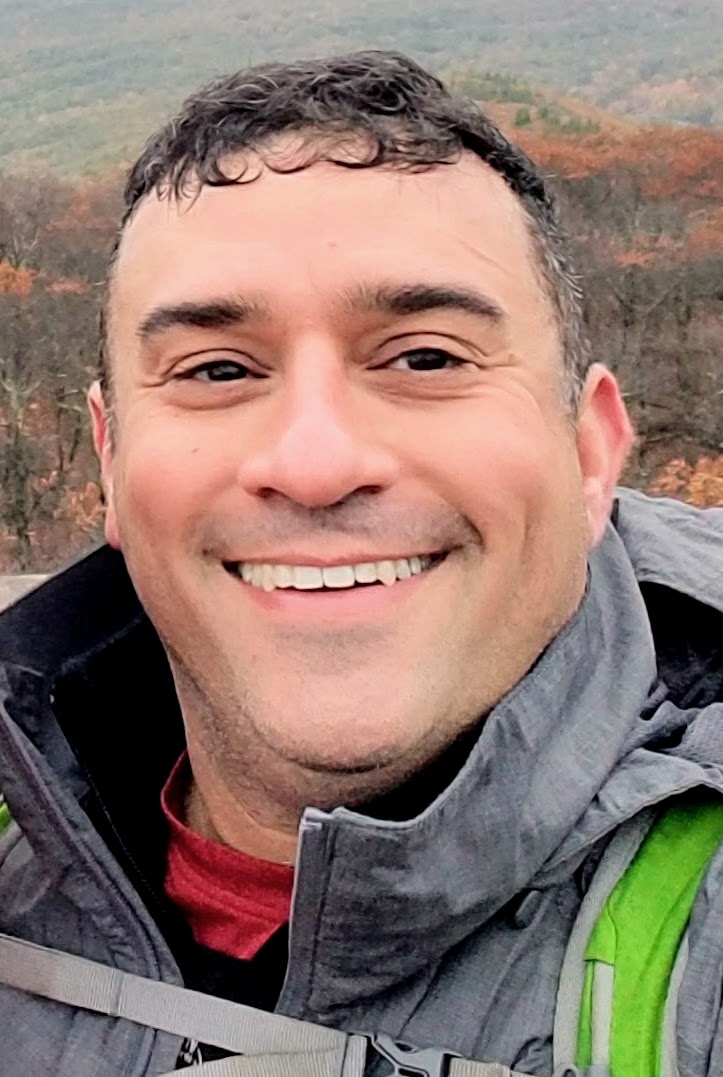Like all congregational rabbis, I frequently give eulogies for the deceased, and walk with their families to bury them.
Jewish tradition prioritizes remembering the dead. It is a mitzvah gedolah—a great mitzvah—to give a eulogy that breaks the hearts of the listeners and highlights the praiseworthy deeds deceased, while simply forgetting his or her failings. (YD 344:1).
In the cemeteries I frequent, I walk past tombstones of human beings, each of whom certainly had their shadow side—they were short tempered, or bitter, or dishonest. Yet someone loved them enough to put up a monument that says “beloved father” or “cherished mother”—the shadow side is simply ignored.
In the hills south of Jerusalem, I came across a tombstone that spoke lovingly of a righteous and holy man, whose memory should be for a blessing. The deceased was a descendant of generations of learned and saintly Jews, who willingly gave his life to save others.
I was brought up short because this was the grave of Baruch Goldstein, a mass murderer who killed 29 Muslim people while they were bowed down in prayer at the Cave of the Patriarchs in Hebron in 1994. He murdered them on Purim in order to fulfill the mitzvah to wipe out Amalek. Goldstein is buried in Meir Kahane Park in the settlement of Kiryat Arba, and his tombstone is ringed with stones from visitors who have come to pay their respects. The stone reads:
Here liesThe saintly Dr. Reb Baruch Kapel GoldsteinMay the memory of the righteous and holy be for a blessing, andMay God avenge his blood.Son of Reb Yisroel, may he live a long and good lifeSeventh generation of the Alter Rebbe,Rabbi Shneur Zalman of Liadi, Baal HatanyaHe gave his life for the sake of the people Israel, the Torah and the Land of Israel“His hands are clean and his heart is clear” (Psalm 24)Born the 5th of Tevet 5717Murdered as God’s martyr on Purim 5754May his soul be bound in the bond of life
Who, in a moment of reflection, put up this memorial? Who slandered Torah by using its words to praise this hateful and cruel monster?
Traditionally, those who are hateful or cruel are considered outside of the Jewish people, for the descendants of Abraham are merciful, bashful and benevolent (Yevamot 79a; Beitza 32b; MT Isurei Bia 19:17). After the atrocity, Prime Minister Yitzak Rabin said “I am shamed over the disgrace imposed upon us by this degenerate murderer. You are not part of the community of Israel,” and yet there is Goldstein’s tomb, visited, honored and protected.
I came to be at this grave in Kiryat Arba on a tour organized by Truah, and conducted by Breaking the Silence, an organization of Israeli Army veterans which collects and provides testimony about military service in the Occupation. These organizations are denounced by some and praised by others, but far from being traitors, they are some of the most important actors in the Jewish world today.
Breaking the Silence, T’ruah and other progressive organizations such as Ir Amim, The Center for Jewish Nonviolence, and the Association for Civil Rights in Israel are not only opposing the Occupation, though that is a noble and essential task.
They are saving Judaism from ultra-nationalist settlers.
They are saving Judaism from our own worst impulses.
The settlers, and their enablers in Israel and America, can of course point to the aspects of our tradition which validate the Occupation. On a wall not far from Goldstein’s grave, on a street which has been “sterilized” of any Palestinians, is a painted a midrash which says that Jews can never be accused of stealing Hebron because the Patriarch Abraham paid 400 shekels for it in the Torah (Gen. Rabbah 79:7).
Those words and far, far worse are in our texts, as they are in Islam and Christianity. It’s not the texts but Goldstein and his ideological descendants, who venerate and celebrate him, that represent the shadow side of Judaism as surely as ISIS represents the shadow side of Islam and the Ku Klux Klan represents the shadow side of Christianity.
Judaism doesn’t live on the shelves—it lives in what we, the living, choose to teach and learn and practice. I know that as a Jew, I inherit texts which teach hatred and violence, and I’m connected to people who seek to embody those texts. But I do not celebrate them and raise them up. The Judaism of my life and my community does not praise monsters as saints.
Prime Minister Benjamin Netanyahu claimed not long ago that “What distinguishes [Israel] from our neighbors is that we denounce and condemn murderers in our midst and pursue them until the end, while they name public squares after child murderers.”
If only that were true.
Rabbi Brent Chaim Spodek is the Rabbi of Beacon Hebrew Alliance. He is a Senior Rabbinic Fellow of the Shalom Hartman Institute and a Fellow of the Schusterman Foundation. He lives in Beacon, NY with his wife Alison, a professor of environmental chemistry at Vassar College, and their two children, Noa and Abraham.

